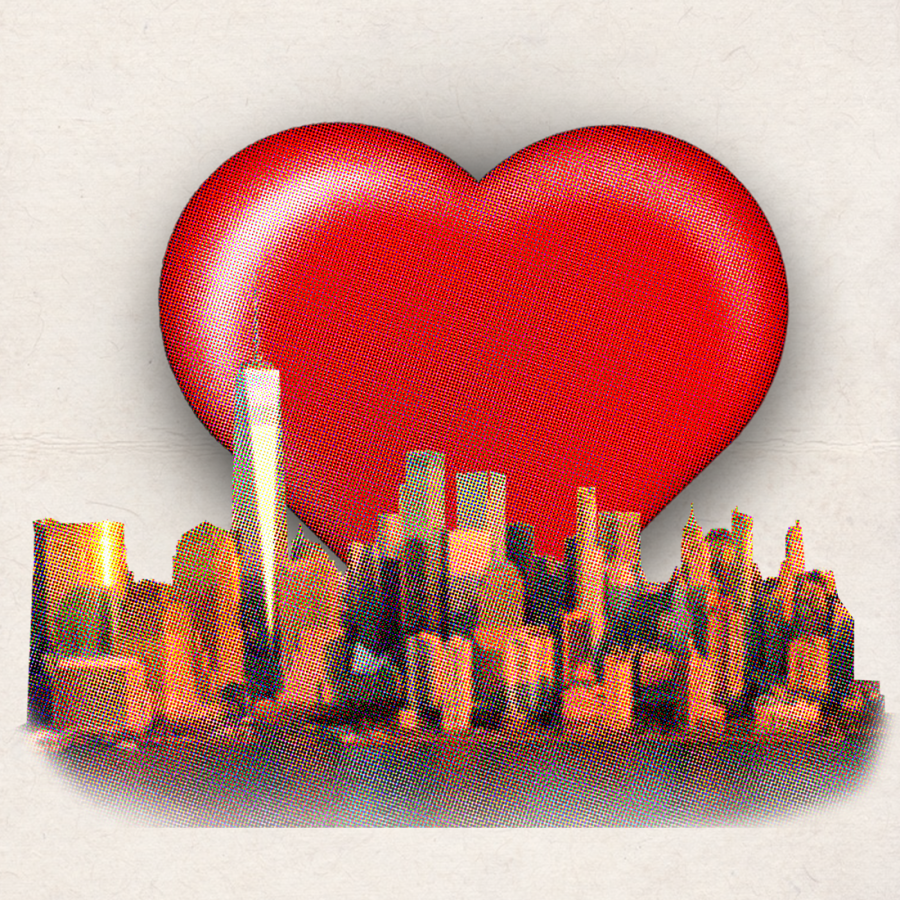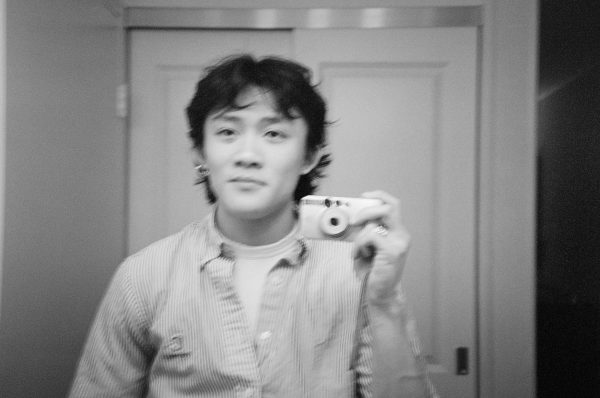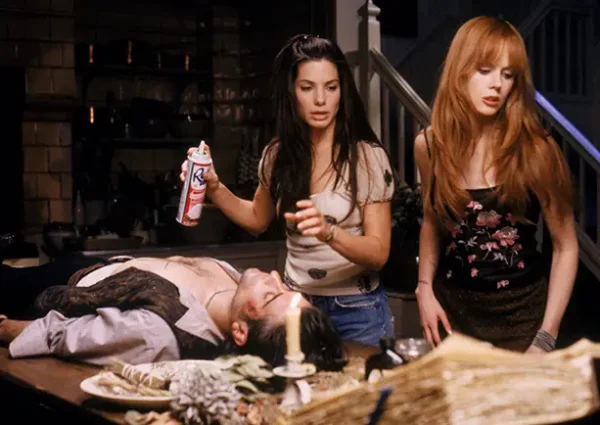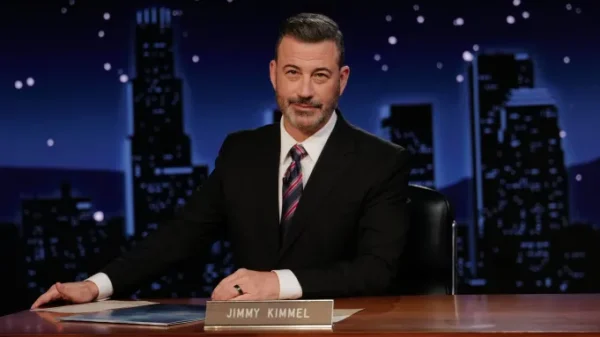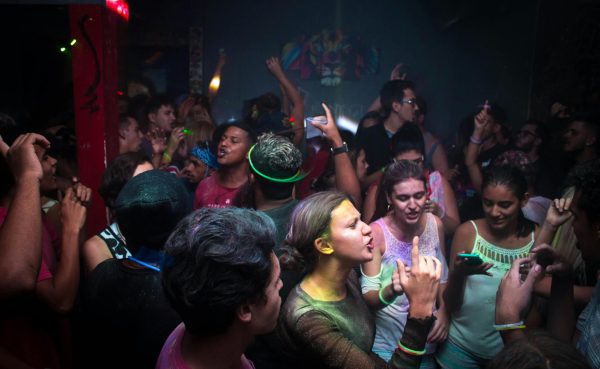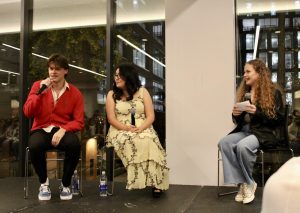On the pursuit of love
September 26, 2022
In an interview conducted among the freshmen class at the University, various Colorado universities and other urban colleges—all regarding how they perceive finding love in college, there seemed to be one quote that stuck: “I was shocked by how fast the dating scene was. My roommate started dating a girl on his second day here and I was asked out by someone after four days…Everyone seems desperate right now.”
Columbia College Chicago undergraduate Holden Casey lamented. These findings have concluded that the freshmen class views this world through one of two lenses: a sardonic pessimism, voiding our generation of any true interest in valuable relationships, or as a hopeful opportunity to exercise self-discovery. Broadly, these two attitudes each remarkably prescribe themselves into a neat pattern. Freshmen attending urban universities carried a pessimistic view while the college town attendees were comparably more hopeful.
The dichotomy between the urban university and the college town is the easiest to stress in the light of the dating world. To clarify, the urban university is a college whose location resides in a metropolitan environment, while the college town’s presence distinctly influences the area it resides in. This polarity plays an important role in why these responses look the way they do and is the key to finding love in college.
Simply, it’s a proportional problem. Look at the University of Colorado (UC) Boulder; according to recent census data, the city of Boulder has a population of 108,777 while the total enrollment at UC Boulder is a population of 33,246. That is a 30 percent chance that every time you travel to acquire groceries, or even while getting a cup of coffee, you will encounter a peer—an instant and safe bond. The prominence of college inherently builds an infrastructure for social life, exemplified east of UC Boulder, at Colorado State University (CSU) in Fort Collins.
“I’m lucky to have so many options for activities for dating. There is an amazing downtown area with cute restaurants and fun city life and lots of amazing nature spots for hikes.” CSU student Sydney Roguske describes. The college town incentivizes relationships, to conjure events and social gatherings. You’re poised to meet people doing your daily life, you meet people honestly.
Now, let’s apply the proportion problem to the University. Generously, if we only use Manhattan’s population, the University’s population consumes 0.8 percent. At an urban university, one is paralyzed by choice. Rather than one bar, one coffee shop or one restaurant, it’s hundreds. Activities become overwhelming; the prospect of dating seems to be the same. To combat this, students download their particular choice of dating apps or go clubbing every night in an attempt to find a similar infrastructure. However, the predominant forms of New York social gatherings are inherently prone to curation and stressed performance. You put on an act more so than any form of socializing when you’re clubbing or on a dating app. You become contextualized within lights hung by businessmen whose profit margins rely on people looking their best.
If students could unify in any regard to our dating scene, it would be through knowing you won’t find anything real. “The dating scene is fast and lacking emotion,” University freshman Ked Merwin states. “Everyone is so involved in their own lives it’s rare to meet anyone genuine in a going out setting.”
Sophia Keefe, a sophomore at the University, puts it thoroughly. Yet, this clearly shows the pursuit, so perhaps it is not the ability to love we lack, but how we are perceiving love.
These findings might seem as if dating in a college town is the easiest, but that is not the conclusion. In a college town, one is more inclined to present oneself honestly, thus being a productive space for love. New York City’s necessity to present oneself dishonestly through the masks of social pursuits, is what inhibits the pursuit of love. We confuse love with infatuation and objectify a feeling when it’s truly an action.
In the interviews where the participant had partners, said that “Love is more than a feeling because for me and in my relationship, it’s our daily routine,” Institute for American Musical Theatre graduate Nate Smith claims, and that “saying I love you is saying you accept that your partner will change” University of North Carolina (UNC) student Jared Engerman asserts.
With this in mind, it is determined that sustainable love in college is more than someone who smiles at you on the dance floor. It’s an experience in which you accept change and present yourself completely. Put perfectly Engerman describes his partner stating: “I recognize that you’ll change, so will the music you listen to, so will the clothes you wear and so will the creases on your face become ever more defined. But I am willing to be here as you change, just as I hope you will for me.”
Love is so much harder than an activity assigned for after class; it’s something that consumes you completely, that looks to you, illuminated by the laptop you share to watch movies, and you see them just as you would on a dance floor.

